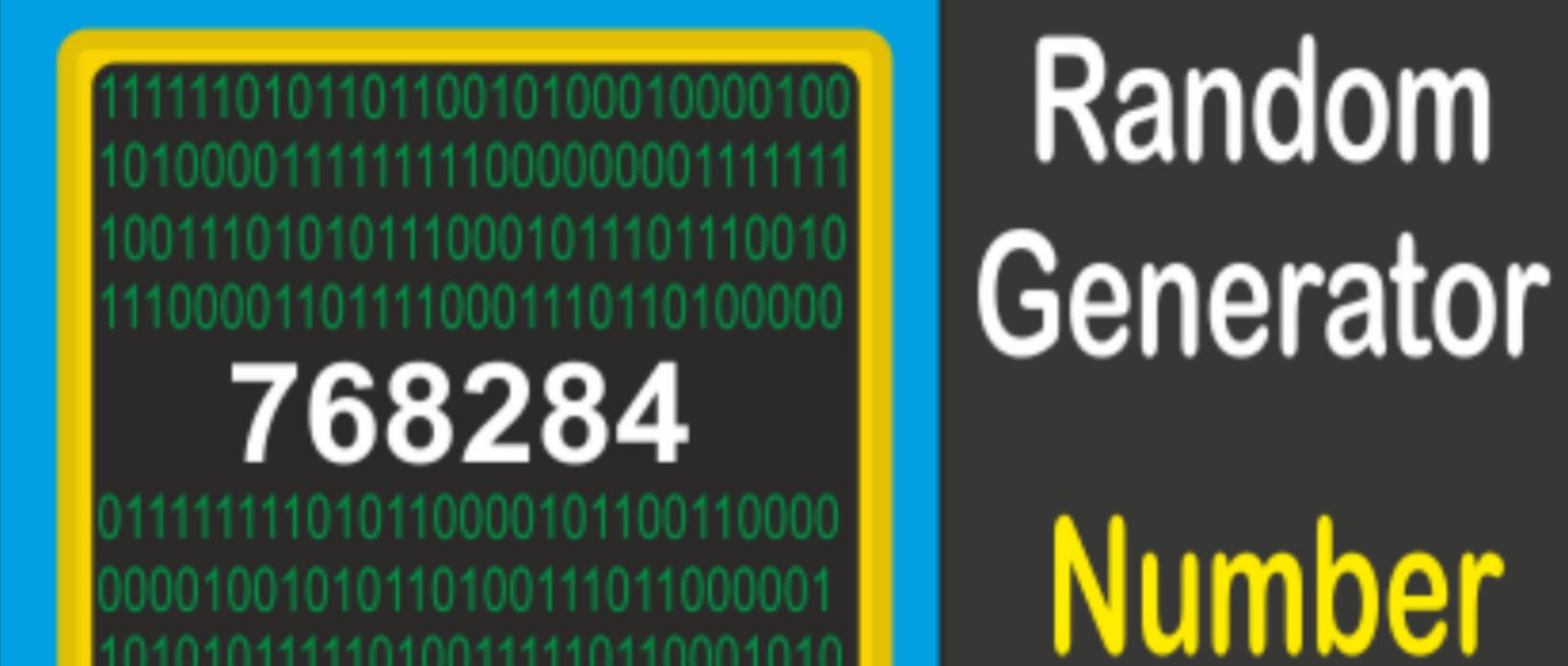
Random Number Generator: A Complete Guide
Created on 2 October, 2025 • Generator Tools • 32 views • 2 minutes read
A random number generator is more than just a digital tool—it’s the foundation of security, fairness, and reliability in many aspects of technology.
Random numbers are essential in today’s digital world. From online security to gaming, random number generators (RNGs) play a crucial role in ensuring fairness, unpredictability, and reliability. Whether you are a developer, researcher, or everyday user, understanding how a random number generator works can be useful in many situations.
What is a Random Number Generator?
A Random Number Generator (RNG) is a tool or algorithm that produces numbers without any predictable pattern. These numbers can be used in various fields, including cryptography, computer simulations, online games, and even in everyday applications such as lottery draws or password creation.
There are generally two types of RNGs:
- True Random Number Generators (TRNGs):
- These rely on physical phenomena, like electronic noise, radioactive decay, or atmospheric data, to generate numbers that are genuinely unpredictable.
- Pseudo-Random Number Generators (PRNGs):
- These use mathematical algorithms to generate sequences of numbers. Although they appear random, they are generated using a starting value called a "seed." PRNGs are widely used in computer programming and online applications because they are fast and efficient.
Why Are Random Number Generators Important?
1. Security and Encryption
RNGs are vital in cybersecurity. They generate encryption keys that protect sensitive data such as passwords, financial transactions, and personal information. Without randomness, hackers could easily predict codes and compromise security.
2. Online Gaming and Gambling
Fair play is critical in online casinos, lotteries, and video games. Random number generators ensure that game outcomes are unpredictable, preventing fraud or manipulation. For example, when rolling digital dice or dealing cards in an online poker game, RNGs keep results fair and unbiased.
3. Research and Simulations
Scientists and researchers use RNGs for simulations, statistical analysis, and testing. For example, in medical studies or AI training, randomness ensures unbiased sampling and accurate results.
4. Everyday Use
Many people use RNGs for simple daily needs, like generating random passwords, picking a winner for a giveaway, or making quick unbiased decisions.
How Do Random Number Generators Work?
PRNGs usually rely on algorithms like the Linear Congruential Generator (LCG) or the Mersenne Twister, which can quickly produce large sequences of random-like numbers. Although not truly random, they are sufficient for most practical applications. TRNGs, on the other hand, use unpredictable natural processes, making them more secure but often slower.
Advantages of Using RNGs
- Unpredictability: Essential for fairness and security.
- Efficiency: PRNGs can generate numbers quickly for large-scale applications.
- Versatility: Useful in diverse fields such as cryptography, gaming, simulations, and decision-making.
Conclusion
A random number generator is more than just a digital tool—it’s the foundation of security, fairness, and reliability in many aspects of technology. Whether you need one for gaming, encryption, research, or simple daily tasks, RNGs ensure results are unpredictable and unbiased.
By understanding how they work and where they are applied, you can better appreciate their role in modern technology. In an age where data security and fairness matter, RNGs are truly indispensable.